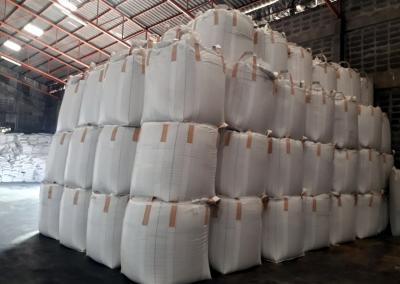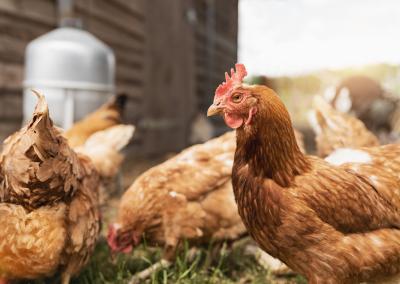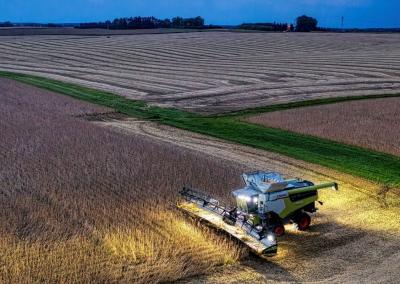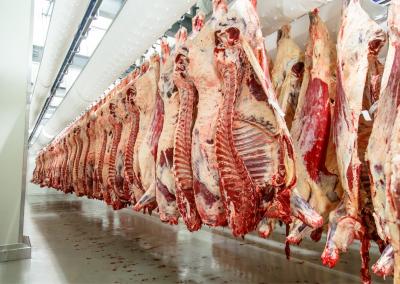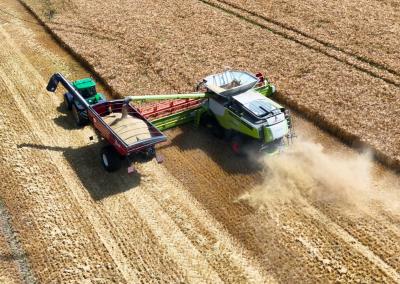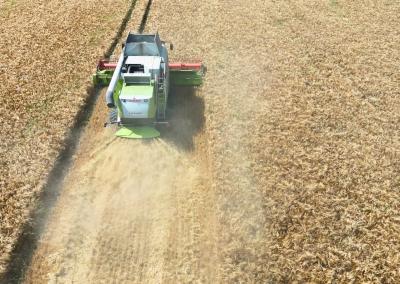Adjustments to the VAT relief for farmers to be initiated by the Government in the autumn
After the tax reform, the remaining loophole regarding the personal income tax (PIT) for farmers must be corrected, and the changes must be initiated by the government in the autumn session of the Seimas, says Vaidas Augustinavičius, advisor to the President.
He stresses that the preferential treatment for farmers should only apply when the income is derived from agricultural activities.
„It is not possible that a farmer is also engaged in a completely different activity, unrelated to farming, and that these preferences are valid. Apparently, this correction will only be made so that it does not apply to other activities, but only to income from agricultural activities," Augustinavičius told Žinių radios on Tuesday.
„There have been a lot of comments that now you have to become a fictitious farmer just to benefit from the relief, no, the relief will be used by real farmers, and those who earn income from non-agricultural activities will be subject to the general tax regime. Apparently, a correction should be initiated from the government in the autumn session“, – he added.Last week, Parliament adopted tax amendments to legalize lower VAT rates for farmers, which are intended for all persons who hold a farmer's certificate but are not necessarily engaged in farming activities.
As demanded by the protesting farming community, the Parliament has introduced a 15% and a 20% VAT rate. The Parliament also introduced a 20 per cent and 20 per cent VAT rate for farmers. The standard VAT rates adopted at the time will be 20%, 25% and 32% from next year.
President Gitanas Nausėda said on Monday that the remaining loophole will be fixed, and that farmers will have to invest in training courses for their own farmers, and perhaps in rented land.
Parliament also approved changes to corporate and real estate (RE) taxes, introduced sugar and non-life insurance contract taxes, and tweaked some value-added tax exemptions. The reform has already been signed by G. Nausėda.
All tax changes will come into force in January next year.


